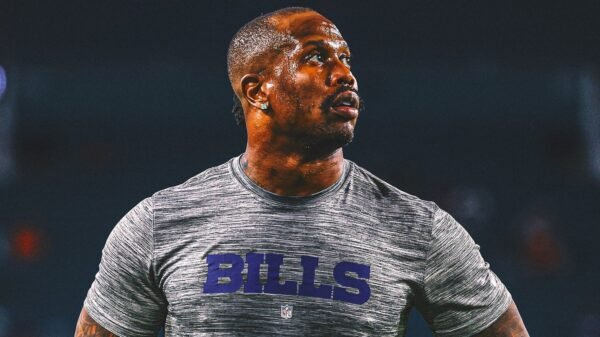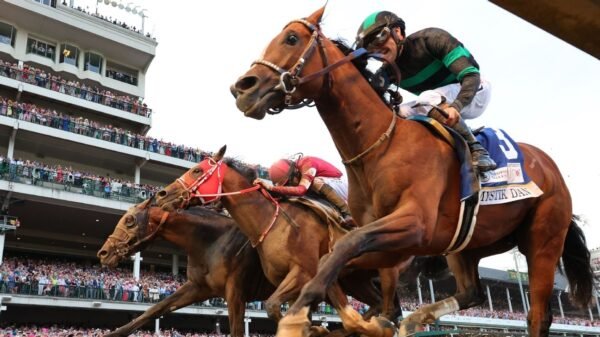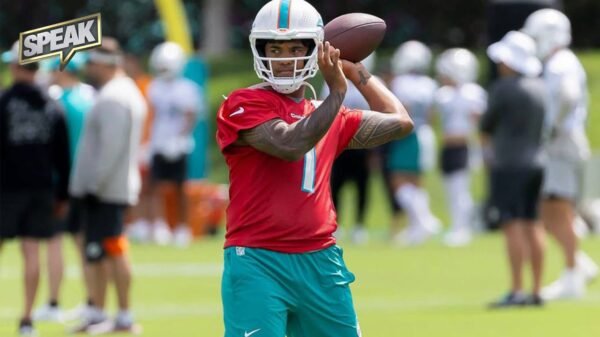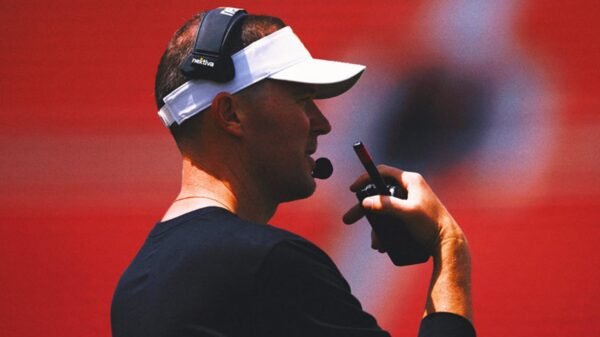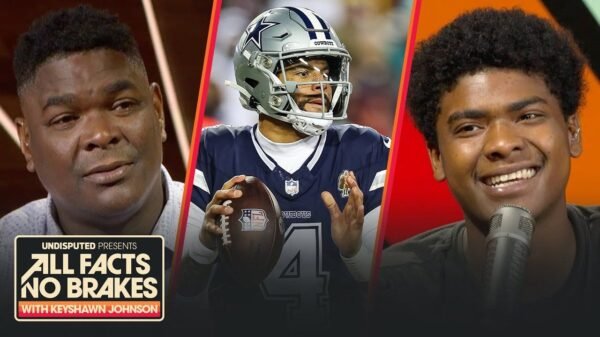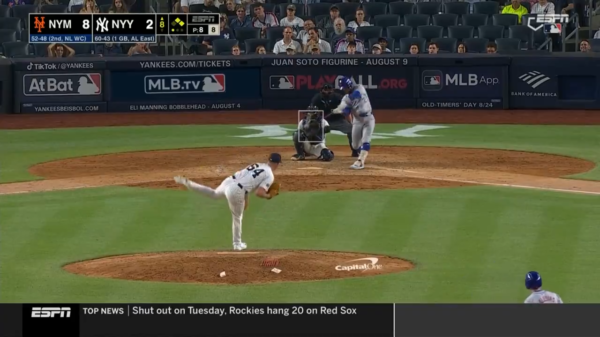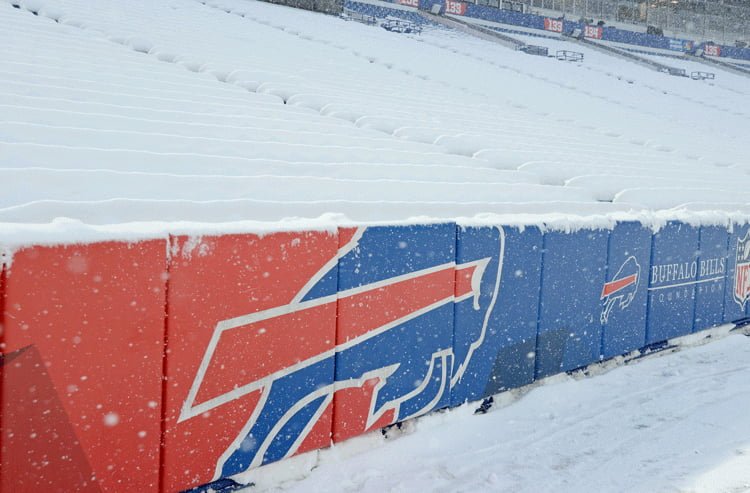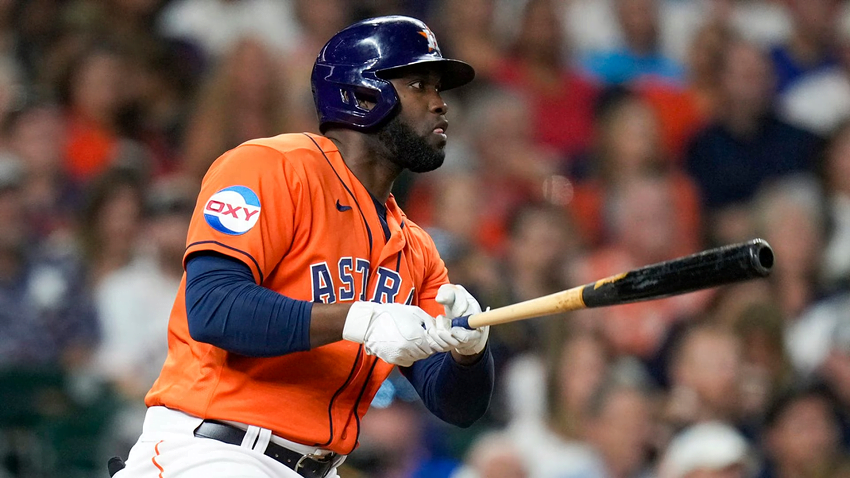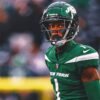NFL Betting and Weather — How Weather Affects NFL Scoring
When it comes to betting on NFL games, there are a multitude of factors to consider. From team performance to player stats, every detail counts. One often overlooked factor that can greatly impact the outcome of a game is the weather. Weather conditions can play a significant role in how teams perform and ultimately affect the final score. In this article, we will explore how weather affects NFL scoring and why it is crucial for bettors to take this into account before placing their bets.
The Impact of Weather on NFL Games
The weather can have a profound impact on NFL games, as it can directly affect the gameplay and performance of both teams. Rain, snow, wind, extreme temperatures, and even humidity levels can all alter how players execute their strategies on the field.
For example, heavy rain can make the football more difficult to grip, leading to an increase in fumbles and incompletions. This can disrupt the passing game, causing teams to rely more heavily on the running game. Similarly, snow can make the field slippery, making it harder for players to gain traction and maintain their balance. This can result in slower overall gameplay and fewer big plays.
Wind is another crucial factor that can impact NFL games. Strong gusts of wind can alter the trajectory of the football, making accurate passing and kicking more challenging. Quarterbacks may struggle to throw long passes, while kickers may have difficulty making field goals or placing kickoffs precisely where they intend.
Cold Weather Conditions
Cold weather conditions can also have a notable impact on NFL games. When the temperature drops, the air becomes denser, making it more challenging for players to throw and catch the football. Cold temperatures can also hinder a player’s flexibility and increase the risk of injury. For this reason, teams playing in extremely cold conditions may opt to rely more on their running game rather than take risks with the passing game.
Moreover, cold weather can affect the football itself. As the temperature decreases, the ball becomes harder and less pliable, leading to a decreased ability to grip it. This can impact the accuracy and velocity of throws, potentially leading to more interceptions and incompletions.
Hot and Humid Weather Conditions
While cold and inclement weather conditions are often the focus of discussions regarding the impact on NFL games, hot and humid weather is equally significant. High temperatures can result in fatigue and dehydration for players, leading to decreased performance and increased risk of injuries.
In humid conditions, the air becomes heavier, making it harder for the players to breathe and recover between plays. This can cause players to tire more easily, leading to a slower pace of play and fewer big plays. Furthermore, high humidity can make the football more slippery, increasing the risk of fumbles and dropped passes.
Strategies and Adjustments
Teams and coaches often make adjustments to their game plan based on the weather conditions. For example, in windy conditions, teams may focus on short and intermediate passes rather than deep throws. This strategy minimizes the impact of the wind on the trajectory of the football.
Similarly, in heavy rain, teams may choose to rely more on their running game, as it is easier to control and secure the wet football. This adjustment can result in a game with fewer scoring opportunities and potentially lower overall scores.
How to Use Weather Data for Betting
When it comes to NFL betting, considering the weather is essential. By analyzing historical weather data and forecasts for game day, bettors can gain an edge in predicting the outcome and the potential total score of a game.
For instance, if a game is expected to be played under heavy rain conditions, bettors can anticipate a lower-scoring game with fewer completed passes and potentially more turnovers. Therefore, betting on the under or taking the team with a stronger running game might be advantageous.
On the other hand, if a game is being played in a dome stadium or under ideal weather conditions, bettors can expect a higher-scoring game with a greater focus on the passing game. This information can guide bettors towards betting on the over or selecting teams with elite quarterbacks.
Conclusion
Weather conditions have a tangible impact on NFL games, which make them an important consideration for bettors. Rain, snow, wind, extreme temperatures, and humidity levels can all influence gameplay and scoring opportunities. By analyzing historical weather data and forecasts, bettors can make more informed decisions and potentially gain an advantage over bookmakers. Taking weather into account when betting on NFL games can lead to more successful wagers and a deeper understanding of the game itself.



